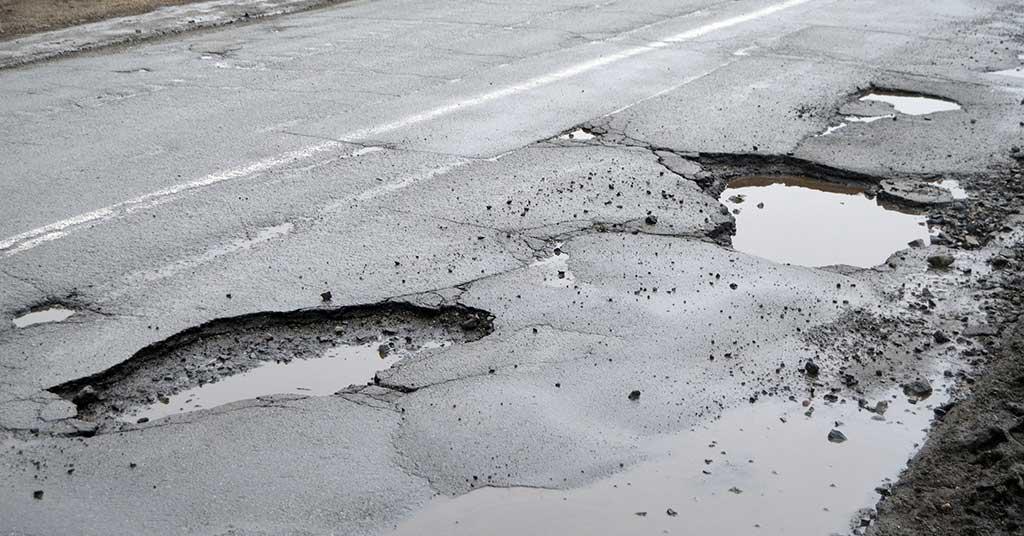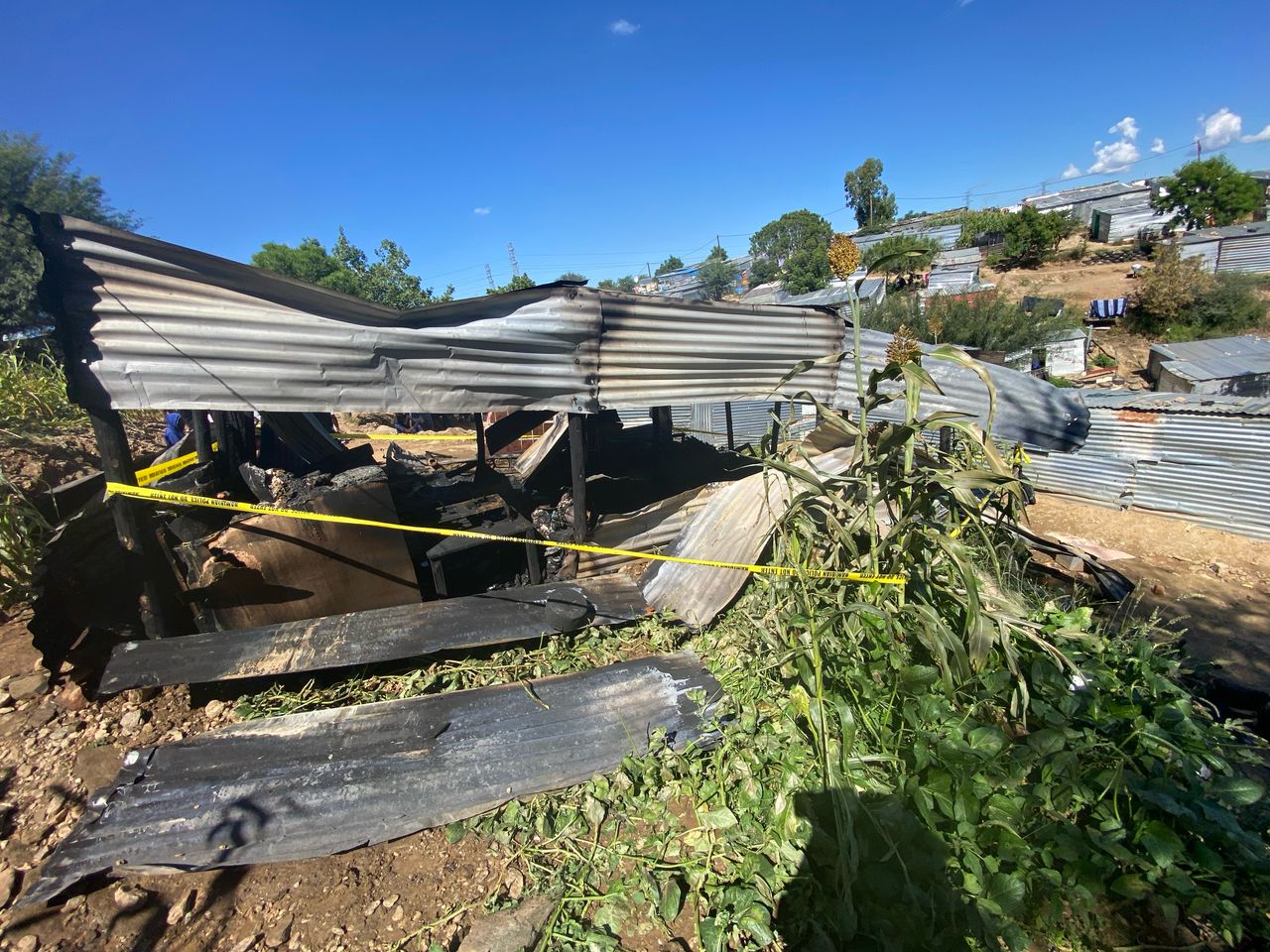Namibia faces the risk of losing cheap access to the United States (US) market after US president Donald Trump slapped the country with a 21% tariff on local products.
Currently, Namibian products, including beef, lamb, fish, grapes, and blueberries, access the American market duty-free under the African Growth and Opportunity Act (Agoa), which is now at risk.
This also means the cost of US imports, including information technology (IT) equipment, is expected to rise, placing a greater financial burden on Namibian consumers.
This comes after the US increased import tariffs for all of its trading partners on Wednesday, leaving Namibia with a reciprocal tariff of 21%.
Namibia imposes a 42% tariff on imported US products.
Agoa is, however, scheduled to come to an end in September, with talks of a renewal.
‘NO NEGOTIATING’
Former minister of trade Calle Schlettwein says bringing the US to the table to negotiate over the new tariffs would be near impossible, as it has failed in the past.
“There’s always room for negotiation, but it will be extremely tough negotiations. We tried once already for a trade arrangement with the USA and the Southern African Customs Union (Sacu), and that failed because the conditions subject to which we would have entered into it were not favourable for us.”
However, Schlettwein said Namibia has alternative markets, particularly in the European Union (EU), China and Africa, which offer quota-free and tariff-free access for key exports like beef and horticultural produce.
“Those three markets alone will absorb much more than we can deliver. So we have to just switch our marketing towards those markets and away from the US,” Schlettwein says.
He says as a small, open economy, it was favourable to be a member of the World Trade Organisation and global free trade.
“This is because we were developing, we were seeking markets for our commodities, and it served us well – and all of that is now in jeopardy,” the former minister says.
NOT ALL GLOOMY
Economist Omu Kakujaha-Matundu says the US’ tariff hikes could result in cheaper products for Namibia.
This is because Namibia’s economy is directly tied to South Africa through a currency link, Sacu, and the Common Monetary Area (CMA).
If US tariffs significantly reduce American demand for South African goods, South Africa could find itself with a surplus of those goods.
This means Namibia, which imports a lot of goods and services from South Africa, would pay less for these products.
“Due to the surplus in the South African market as the Americans are moving out, the prices in South Africa could come down and we (Namibia) could benefit from those lower prices,” Kakujaha-Matundu says.
According to data from the Namibia Statistics Agency (NSA), Namibia imported 40.1% of its total imports from Sacu in February.
Meanwhile, South Africa accounted for N$N$5,1 billion, which is equivalent to 38.6% of total imports.
POLITICIANS
Rally for Democracy and Progress (RDP) president Mike Kavekotora has called for a strategic response to Trump’s policies, saying Namibia and other affected nations should not react emotionally, but rather take calculated measures to protect their economies.
He says it’s important to determine who stands to lose the most in the event of a trade dispute.
“It is crucial that we sit down and conduct a strategic assessment. We need to examine what we are gaining from the US and what they are gaining from us.
“Once we establish that, we can determine who will suffer the most if relations are strained,” Kavekotora says.
He says Namibia could impose tariffs on American products or even reduce imports from the US if necessary.
“If we find that we do not need their products, we could simply cut ties and focus on self-sufficiency.
“We live in a globalised world, and there are alternative markets. We could look to countries like Russia and China, which are economic giants compared to the US,” he says.
Kavekotora criticises Namibia’s lack of proactive measures in anticipation of Trump’s policies.
He say the country should have formulated a counter-strategy long before the policies were implemented.
“We knew what direction Trump was taking. His administration’s primary focus was to enrich certain interests,” he says.
Kavekotora is urging the government to explore and expand trade relations with other nations to safeguard the country’s economic interests.
TRADE RELATIONS
Reciprocal tariffs mean the US will impose tariffs on other countries that are equivalent to the tariffs those countries impose on US goods.
The new tariff policy is targeting more than 180 countries.
Under this policy, countries that don’t have specific trade agreements with the US will face a baseline 10% tariff on all imports into America.
The US is among the top five import destinations for the country in February, accounting for 3.6% of Namibia’s total N$13.4-billion import bill.
According to a statement issued by the White House, these tariffs seek to address the injustices of global trade, reinvigorate manufacturing, and drive economic growth for Americans.
“Reciprocal trade is ‘America First’ trade because it increases our competitive edge, protects our sovereignty, and strengthens our national and economic security,” the statement reads.
In 2024, the total goods trade between the US and Namibia reached approximately N$7.8 billion.
US exports to Namibia were around N$2.8 billion, showing a decrease of N$289.8 million from the previous year.
US imports from Namibia were roughly N$4.9 billion, marking a rise of approximately N$2.6 billion.
‘NO IMMEDIATE IMPACT’
The meat and charcoal industry says Trump’s tarrifs will not be felt immediately, because Namibia sends very little beef to the US.
“This will have no impact on us. In the last five years we sent only one container to the US,” Meatco board chairperson Sakaria Nghikembua says.
He says beef prices were more lucrative for Meatco in the EU and Meatco will continue sending beef there.
Savanna Beef board chairperson Siegfried Schneifer says the 21% tariff will not have an immediate impact on the company as they hope to start trading by 21 August.
“This will help in the decisions we take while we canvass for business, but for now the imposition of the tariffs will have no immediate impact.
Namibia Charcoal Association managing director Michael Dege says Namibia sends less than 1% of its coal exports to the US and the tariff would have little impact on these exports.
“While the tariff for Namibia is 21%, other countries that send charcoal are charged 36%, which still makes Namibian charcoal cheaper than other brands for the American market,” Dege says.
He says on average Namibia sends about 1 000 tonnes of charcoal a month to the US.
“The export season starts from May to November, and in between the producers will be stockpiling in readiness when the seasonal exports start,” Dege says.
Trump’s move saw US, Asian and European markets tumbling as investors absorbed the implications of the sharpest turn towards protectionism by the world’s largest economy since the 1930s.
Stay informed with The Namibian – your source for credible journalism. Get in-depth reporting and opinions for
only N$85 a month. Invest in journalism, invest in democracy –
Subscribe Now!










